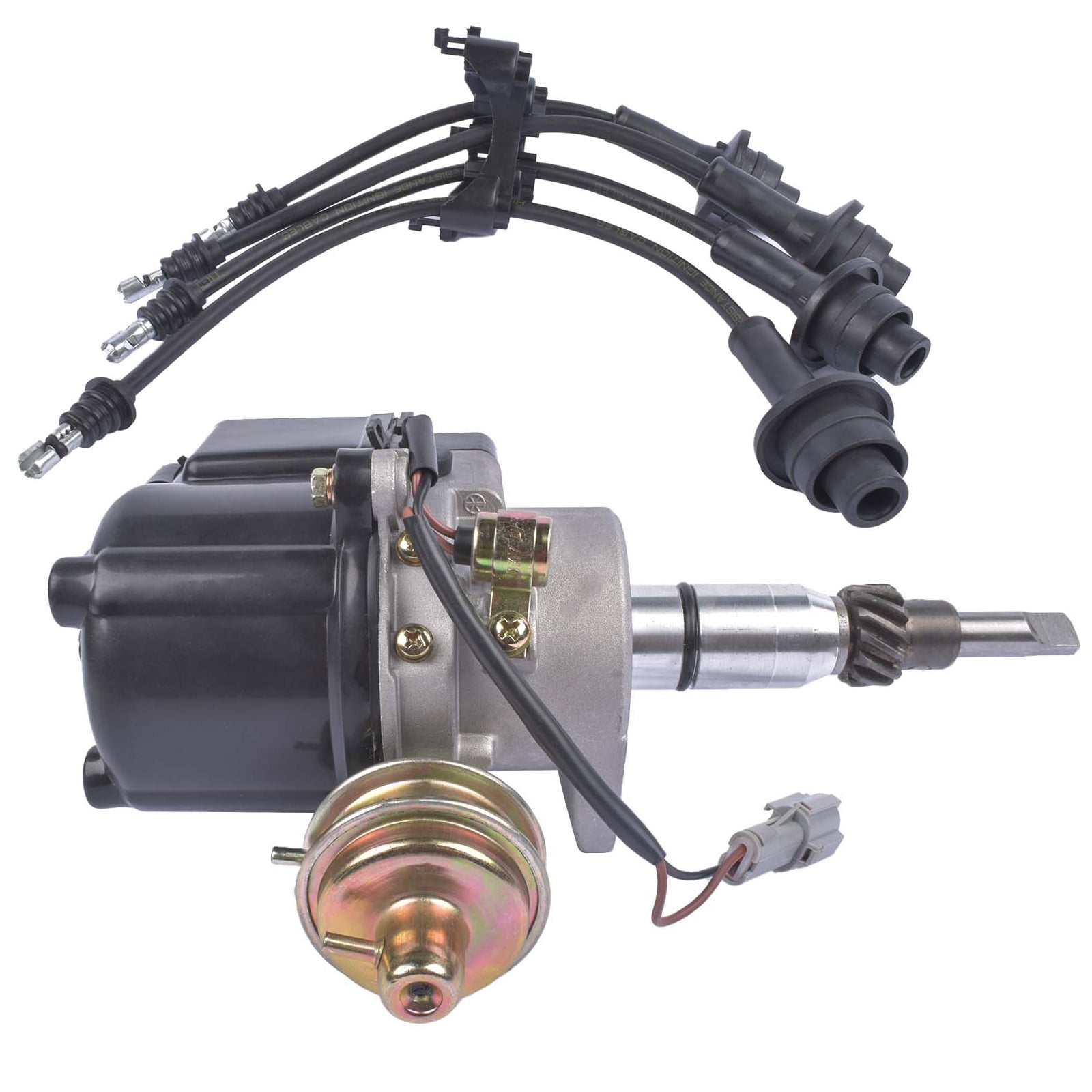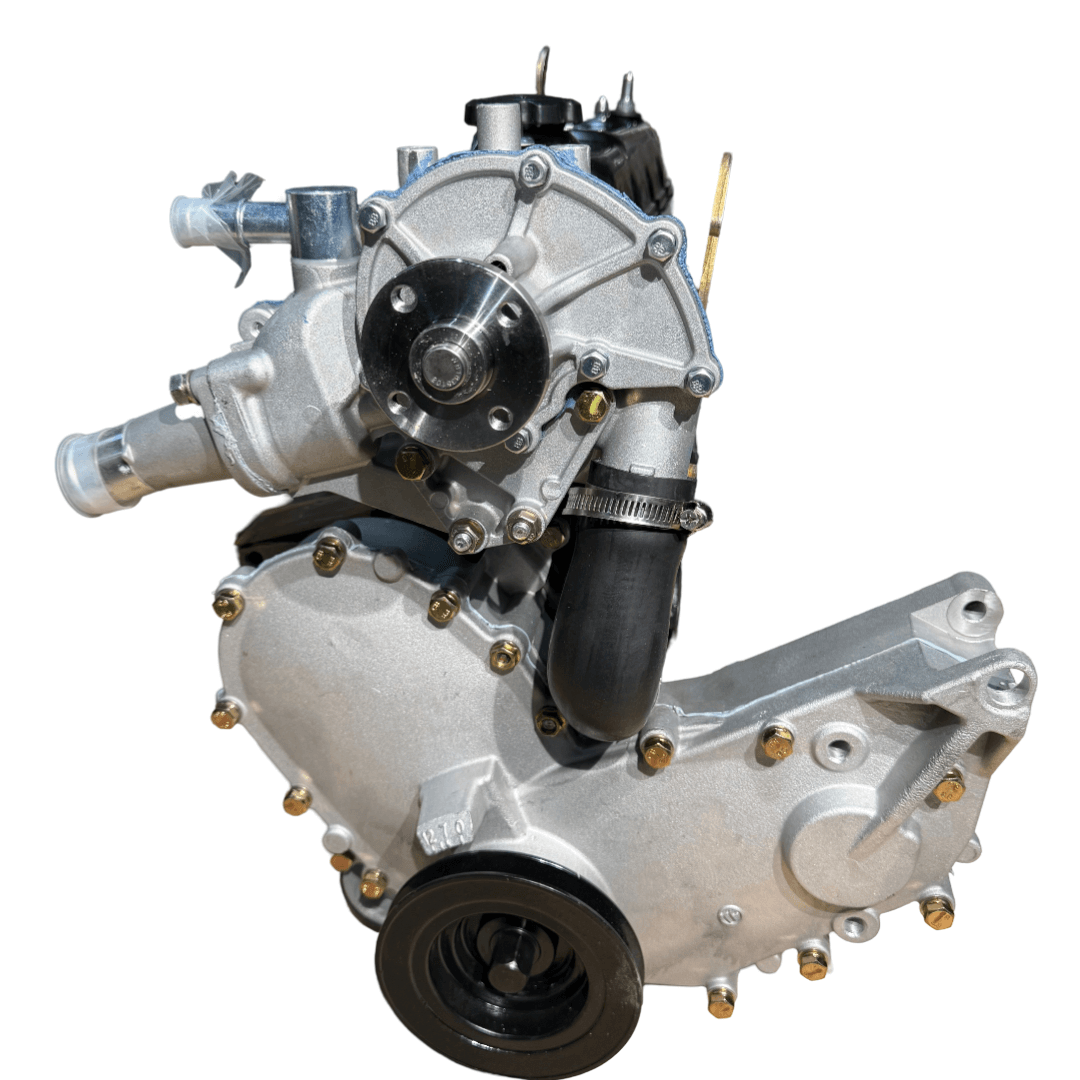Key Features That Make the 4Y Engine a Reliable Option for Drivers
Discovering the Different Kinds of Engine: Which One Fits Your Demands?
In the quest to identify the most ideal engine kind for your certain requirements, it is critical to examine the unique features and benefits of each option available. Internal burning engines continue to dominate because of their reliability, while electrical engines are gaining traction for their sustainability. Crossbreed engines offer a versatile compromise, and diesel motor stand out for their power in requiring applications. Additionally, alternate fuel engines present ingenious options, albeit with particular limitations. Comprehending your top priorities will contribute in this decision-making process, causing an exploration of elements that may influence your selection.

Interior Burning Engines
Interior combustion engines (ICEs) are the foundation of modern transport, powering a vast range of cars from automobiles to planes. These engines operate on the principle of converting fuel right into power via a series of regulated explosions within a burning chamber. One of the most usual kinds of ICEs include fuel engines, diesel engines, and rotating engines, each developed to fulfill particular performance and effectiveness needs.
Gas engines commonly make use of spark ignition, while diesel engines rely upon compression ignition, causing distinct distinctions in gas efficiency and power result (4y engine). Rotating engines, or Wankel engines, offer a compact layout and smooth operation, however are much less generally made use of in mainstream applications
ICEs have actually undertaken considerable innovations in technology, consisting of the introduction of turbocharging and gas shot systems, which boost total effectiveness and performance. Despite their performance improvements, ICEs encounter boosting analysis due to their environmental effect, specifically regarding greenhouse gas discharges.
Electric Engines
As issues about environmental sustainability and nonrenewable fuel source dependency grow, electric engines have become a compelling alternative to interior combustion engines. These engines utilize electrical motors powered by batteries or gas cells, providing a cleaner and extra efficient motive powers.
One of the main advantages of electrical engines is their minimized discharges. Unlike conventional engines that shed fossil fuels, electric engines generate absolutely no tailpipe discharges, dramatically reducing air contamination and adding to improved public health. In addition, the efficiency of electrical motors frequently exceeds that of internal burning engines, converting a better percentage of power from the power resource right into useful power for activity.
Electric engines are also remarkable for their peaceful operation, making them optimal for urban atmospheres. 4y engine. The simpleness of their style results in fewer moving parts, which can lead to lowered maintenance costs and boosted dependability in time
However, difficulties continue to be, consisting of battery production impacts, billing framework, and range constraints. Despite these hurdles, the expanding investment in electric automobile innovation and renewable resource sources factors toward a promising future for electric engines, positioned to play a crucial function in the transition toward lasting transport.
Hybrid Engines
Mixing the advantages of both electrical and standard internal combustion engines, hybrid engines represent a versatile service in the mission for efficient and lasting transport. These engines incorporate a gas or diesel engine with an electric motor, permitting improved gas performance and reduced emissions contrasted to traditional lorries.
Crossbreed engines run in a number of modes, utilizing the electric motor for low-speed driving and the inner combustion engine for higher rates or when more power is needed. This vibrant procedure not just boosts fuel economic situation however also adds to a smoother driving experience. Regenerative stopping is an additional important attribute, catching power commonly shed throughout stopping and rerouting it to recharge the battery.

As customers significantly prioritize eco-friendliness, crossbreed engines stick out as a practical selection, providing an efficient balance of performance, effectiveness, and environmental responsibility. This adaptability makes them ideal for metropolitan commuting and long-distance travel alike.
Diesel Engines
Effectiveness and power are characteristics of diesel engines, which have long been preferred for their toughness and fuel economic climate. These engines operate on the concept of compression ignition, where air is compressed to a heat prior to gas is injected, igniting it without the need for spark plugs. This process allows diesel engines to attain higher thermal performance compared to gas engines, equating right into much better fuel gas mileage and lower carbon dioxide discharges.
Diesel engines are especially fit for heavy-duty applications such as vehicles, buses, and commercial equipment, where torque and resilience are extremely important. Their design normally consists of more powerful elements to hold up against the higher pressures generated throughout procedure, causing longer service life and lowered upkeep expenses.

Different Gas Engines
While diesel engines have lengthy dominated the landscape of sturdy source of power, alternative fuel engines are gaining grip as sensible options for a more lasting future. These engines make use of a variety of gas, such as compressed gas (CNG), look at this web-site hydrogen, lp, and ethanol, intending to reduce greenhouse gas discharges and reliance on nonrenewable fuel sources.
One substantial advantage of alternate gas engines is their potential to lower carbon footprints. CNG engines release less contaminants compared to traditional diesel engines, making them suitable for metropolitan transportation systems and fleets seeking to boost air top quality. Ethanol, derived from biomass, not only decreases emissions however also sustains farming economies.
Hydrogen gas cells stand for a sophisticated development in this realm, supplying zero-emission power with a chain reaction between hydrogen and oxygen. Nevertheless, obstacles such as infrastructure development and manufacturing costs continue to be challenges to prevalent adoption - 4y engine.
Verdict
Finally, selecting the suitable engine type requires careful consideration of particular demands and preferences. Interior combustion engines offer reliability, while electric engines prioritize sustainability and decreased maintenance. Crossbreed engines incorporate the benefits of both, boosting performance, whereas diesel motor give superior power and torque for heavy-duty applications. Alternate gas engines existing environmentally friendly alternatives, albeit with possible facilities obstacles. Eventually, an extensive evaluation of driving routines and ecological worths will certainly help with a notified choice concerning engine selection.
Crossbreed engines offer a flexible concession, and diesel engines stand out for their power in requiring applications. The most usual types of ICEs consist of gasoline engines, diesel engines, and rotary engines, each developed to meet specific performance and performance demands.
Unlike conventional engines that burn fossil fuels, electric engines create no tailpipe exhausts, dramatically lowering air contamination and adding to boosted public health.Hybrid engines operate in numerous settings, utilizing go right here the electrical motor for low-speed driving and the internal burning engine for higher rates or when more power is required. Crossbreed engines incorporate the benefits of both, enhancing effectiveness, whereas diesel engines offer exceptional power and torque for heavy-duty applications.